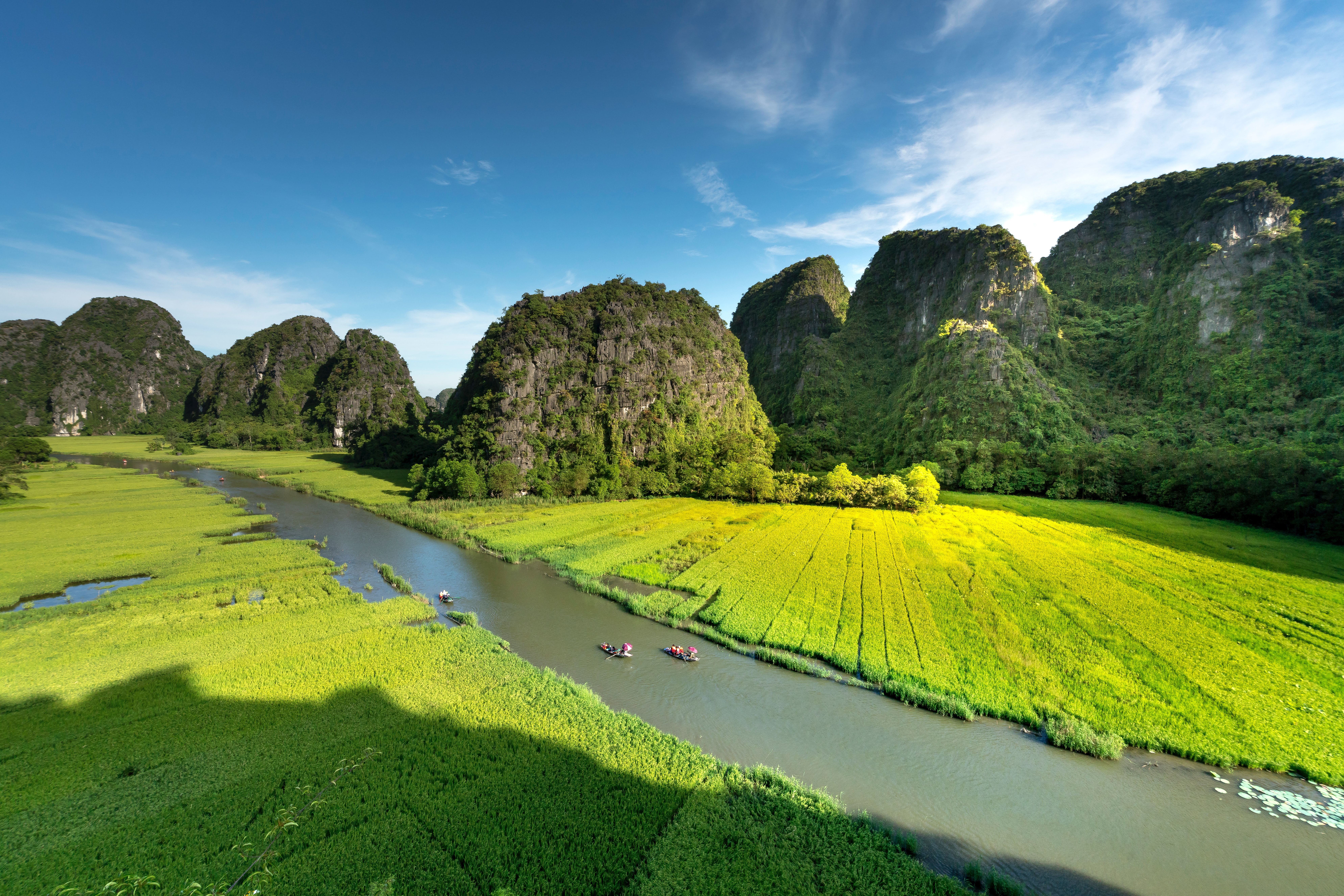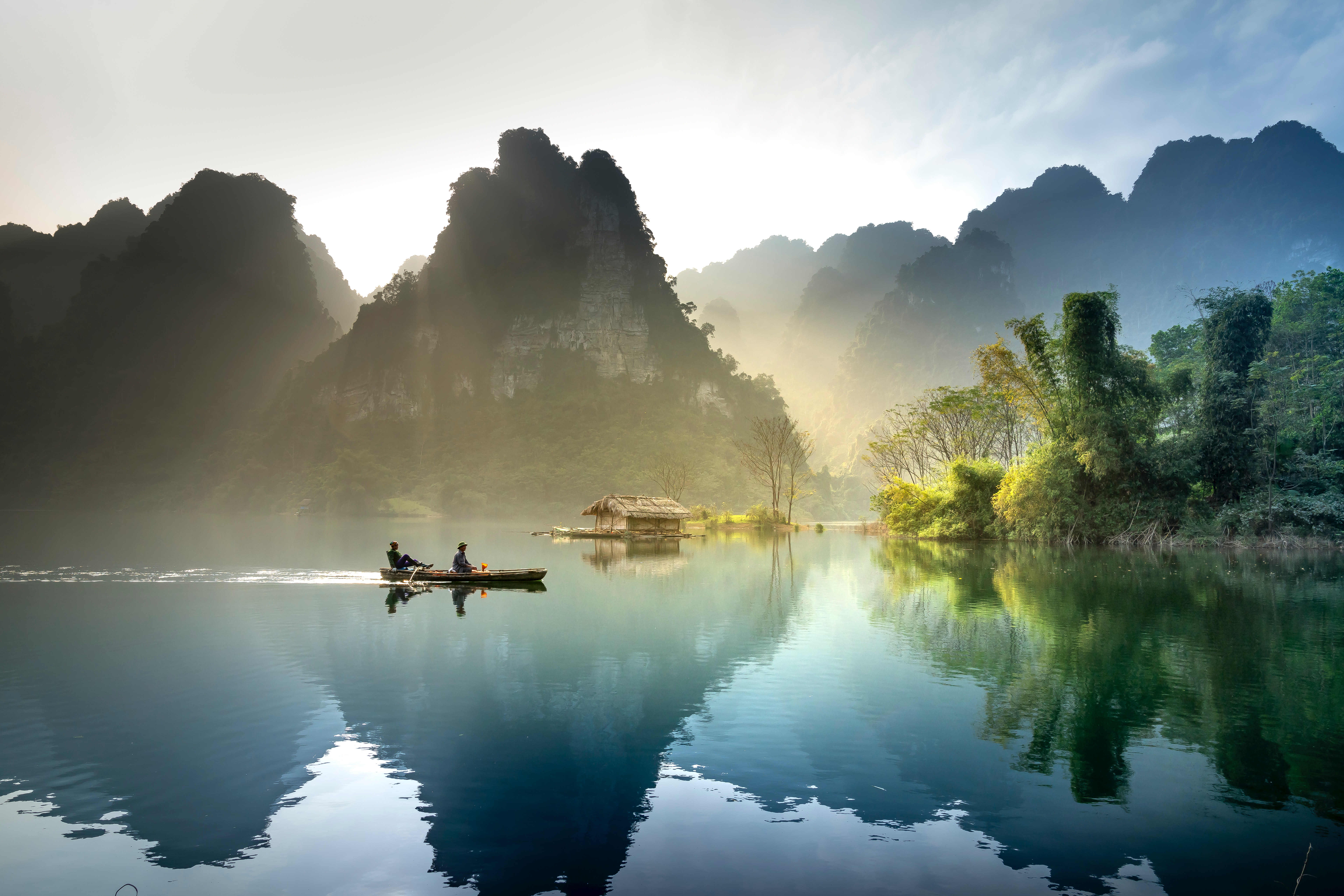Juan Ramon Gomis writes on walking and climbing in the mountains, travelling in Europe and looking at flowers
Amongst a pile of secondhand books in one of my favourite second-hand book shops in Hay, I came across this book recently. The shop is Richard Booths on Lion Street, if you are ever in Hay, then do stop by and investigate, it is well worth a visit. The book I found was the wonderful Rivers West by Edward Hoagland. I have been thinking about this book again since I saw the Elton John biopic last weekend, Rocketman, and remembered the life story of Elton John’s lyricist Bernie Taupin.

The film is wonderful, but it does not make clear Taupin’s obsession with the wild west of the United States and the cowboy heroes of his youth. It is here that we get to the mountains. Central to the idea of the west are mountains and the trek West is best understood as the transcendence of the Rockies to the great opportunity of the west beyond. Rivers West is a wonderful evocation of that journey and especially of the fauna and fora that those making the trek or living the life in the west would have lived with and in and through. It was published in 1986 by Summit Books and I was so happy to come across it quite by chance in Richard Booth’s wonderful shop. According to the internet, Hoagland has written a string of non-fiction works on the west before coming to this novel. I would imagine he wanted the freedom to go beyond the confines of the factually based work of his career and explore lives in the landscape of the west, west he clearly loves. One review of the work noted that:

“The climax of the novel revolves around an encounter with Bigfoot, with the genres of the historical western and science fiction intersecting in a wonderful set of scenes that generates a moral dimension to the action. The portrait of the man in the western landscape achieves depth with the presentation of the influences of that landscape on his character. But this climax is icing on the cake, or perhaps more appropriately, salt on the venison: the real meat in this book, what makes it an outstanding prose work, if not finally a great novel, is the physical detail-the descriptions of the landscape, the animals, the men, and the relationships among them.”
This is not, as this review noted a great work of fiction and certainly not a piece of literature. But if you should come across it then read it for the descriptions of the rivers, the mountains and the fields. Read it for the sense of the journey, the role of the frontier in our lives and the placement of characters in time and place. But why does he have to come to Bigfoot in the end? It is the ending of so many stories of the west, it is the feature which distorts other fine books that feature mountains or mountain folk and it is the darkness that pollutes so much of our sense of the mountains and of climbing. Why it’s it that we have to bring fear, death, accident and the unknown into so many of these stories and accounts of the west. There is a clue of course in the term wilderness. It is the wildland, it is where the wild things are, it is the source of the unknown, of fear, or terror. We have to create demons in the night of the wilderness to frighten our children to stay indoors. It is the source of the bedtime stories. My point is only that we have this fear in the unknown, we have the real terror of the wilderness when approached unprepared and we have the possibility of accidents and falls when climbing. There is enough in nature itself to cause us to pause, to cause us to feel real fear and to caution our children without the need to invent monsters in the night.

It is my only disappointment with this otherwise lovely book. While reading it I imagined it was the kind of book, simple adventure, well told, that has inspired generations, form Bernie Taupin onwards and before, from the 1910s and 1920s, from the birth of the movies, to the present day, to be in love with the idea of the mountains and of the west. It is the frontier that drives us on as human beings to do more, to invent, to create and to journey. I hope we never lose that sense of wonder that comes through in the pages in Rivers West. I am inspired to go and see if I can now find his non-fiction work and maybe listen to some of those early albums of Elton John and Bernie Taupin.
Juan Ramon Gomis blogs here about mountains, here about travelling in Europe and looking at flowers

